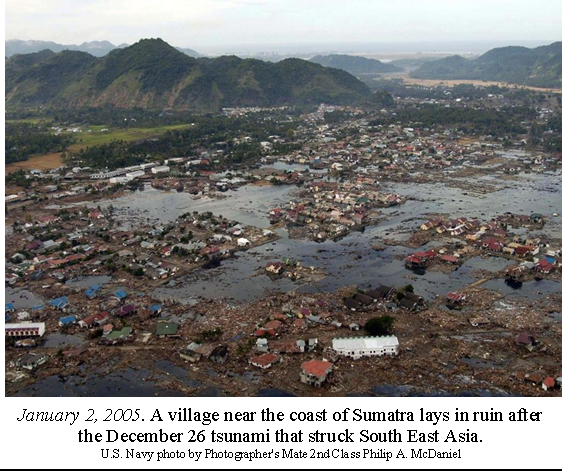What Meaneth This? A Question for 21st Century Pentecostalism
Doug Beacham, General Superintendent of the International Pentecostal Holiness Church, shares a timely challenge about giving an answer for the hope within us.
The year 2008 is shaping up as an unusually violent period of natural disasters around the world. In the United States tornados are destroying homes, business, and in some cases, entire towns, at a record pace. Myanmar (Burma) had the double calamity of a devastating typhoon and a paralyzed police-state response. China continues to crumble from the effects of the earthquake in Sichuan province that left over 60,000 dead and thousands more injured and homeless.
 I’ve wondered what the Christian response will be to these contemporary natural problems, as well as our continued response to the front page issues of terrorism, war, poverty, AIDS, malaria, and a host of other issues confronting our troubled world. I pray our response will be similar to what Rodney Stark describes in how Christians in the first three centuries of our era responded. In The Rise of Christianity: How the Obscure, Marginal Jesus Movement Became the Dominant Religious Force in the Western World in a Few Centuries, Stark showed that when epidemics, fires, earthquakes, and ethnic violence spread through densely populated cities, the Christian commitment to love one’s neighbor gave Christians a reason to stay in the mess, while rulers, philosophers, and pagan religious leaders fled to the countryside. Yes, many Christians died nursing their neighbors, but others became immune and established networks of care, love, and faithfulness.
I’ve wondered what the Christian response will be to these contemporary natural problems, as well as our continued response to the front page issues of terrorism, war, poverty, AIDS, malaria, and a host of other issues confronting our troubled world. I pray our response will be similar to what Rodney Stark describes in how Christians in the first three centuries of our era responded. In The Rise of Christianity: How the Obscure, Marginal Jesus Movement Became the Dominant Religious Force in the Western World in a Few Centuries, Stark showed that when epidemics, fires, earthquakes, and ethnic violence spread through densely populated cities, the Christian commitment to love one’s neighbor gave Christians a reason to stay in the mess, while rulers, philosophers, and pagan religious leaders fled to the countryside. Yes, many Christians died nursing their neighbors, but others became immune and established networks of care, love, and faithfulness.
Stark wrote, “To cities filled with the homeless and impoverished, Christianity offered charity as well as hope. To cities filled with newcomers and strangers, Christianity offered an immediate basis for attachments. To cities filled with orphans and widows, Christianity provided a new and expanded sense of family. To cities torn by violent ethnic strife, Christianity offered a new basis for social solidarity. And to cities faced with epidemics, fires, and earthquakes, Christianity offered effective nursing services.”1
Let’s not forget that two thousand years ago the first followers of Jesus responded to a series of events that impacted the natural world.
Category: Living the Faith, Summer 2008


